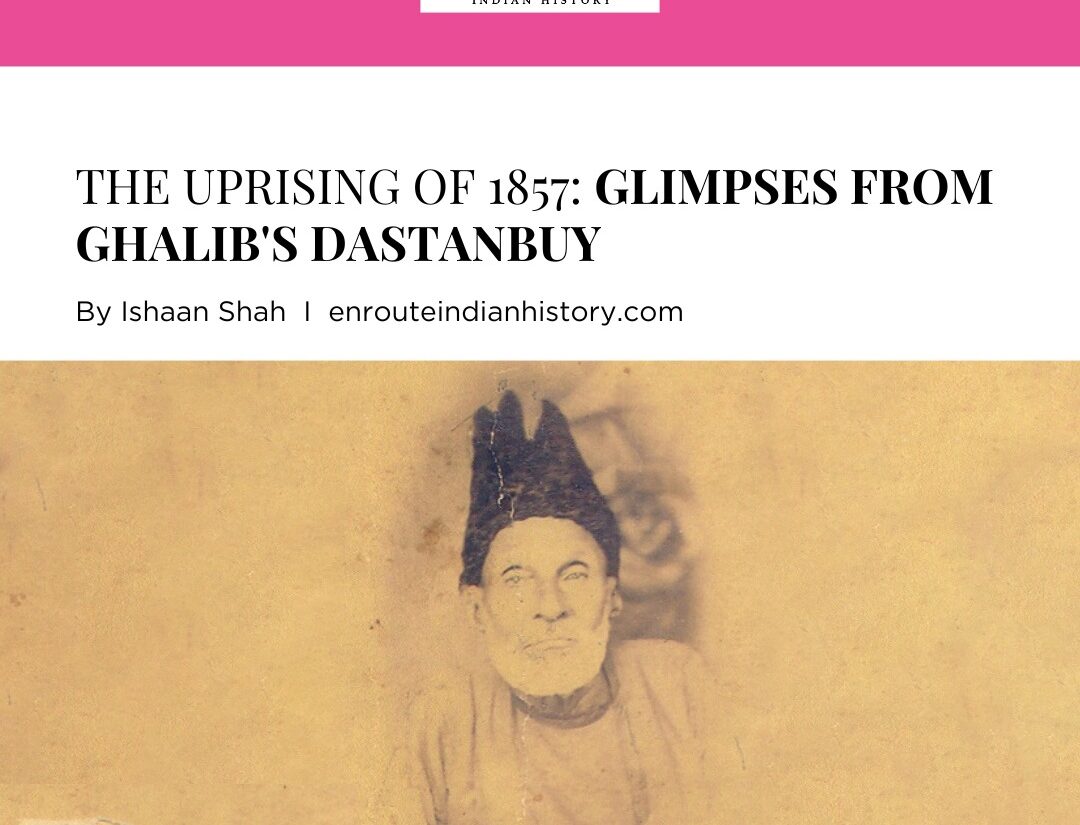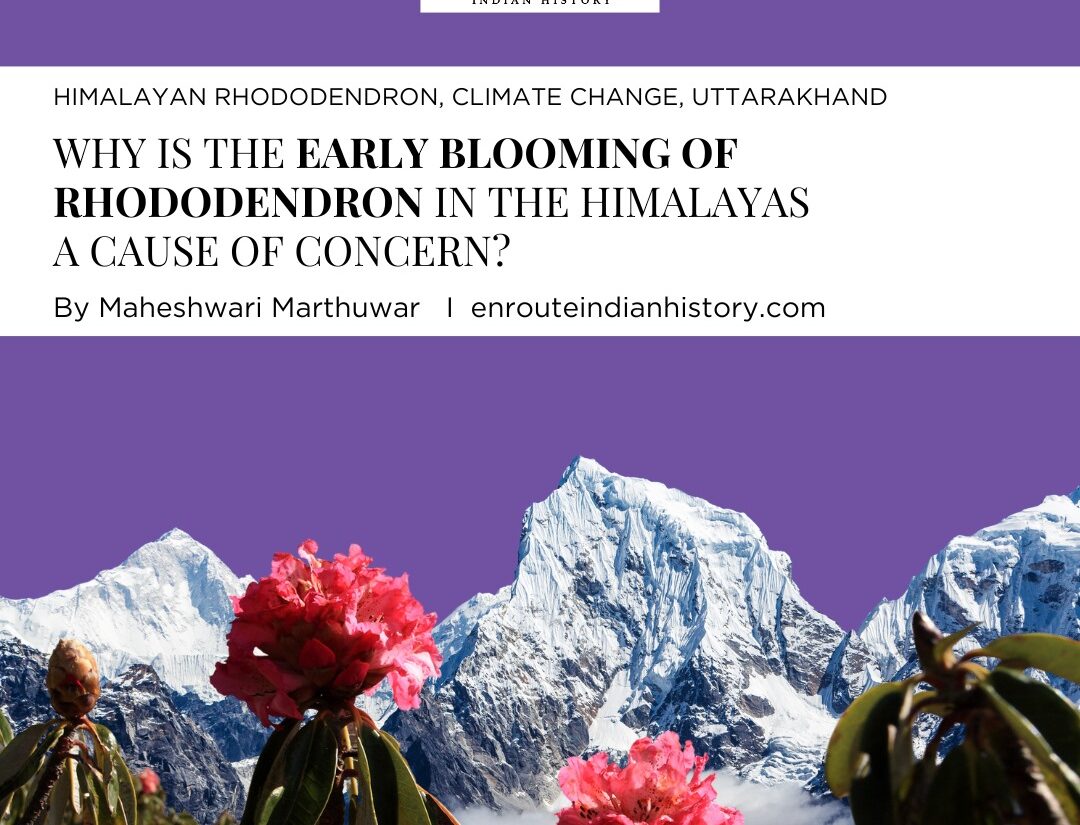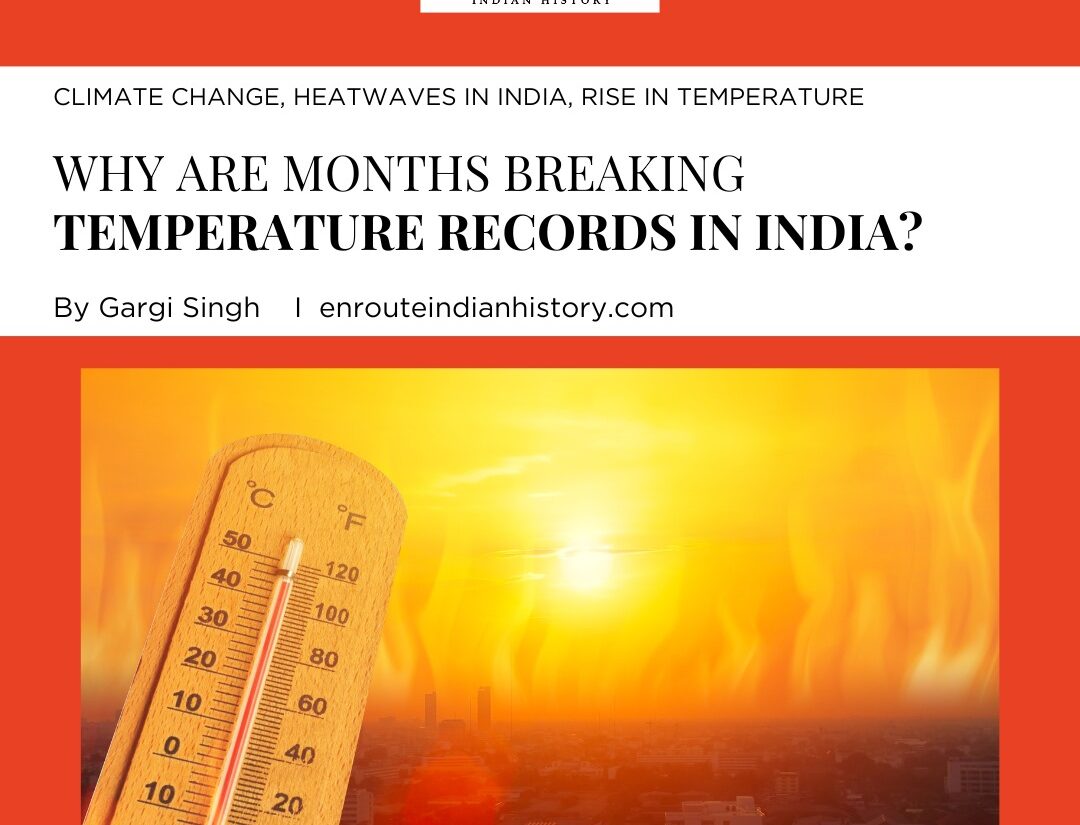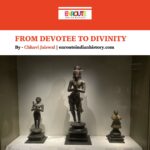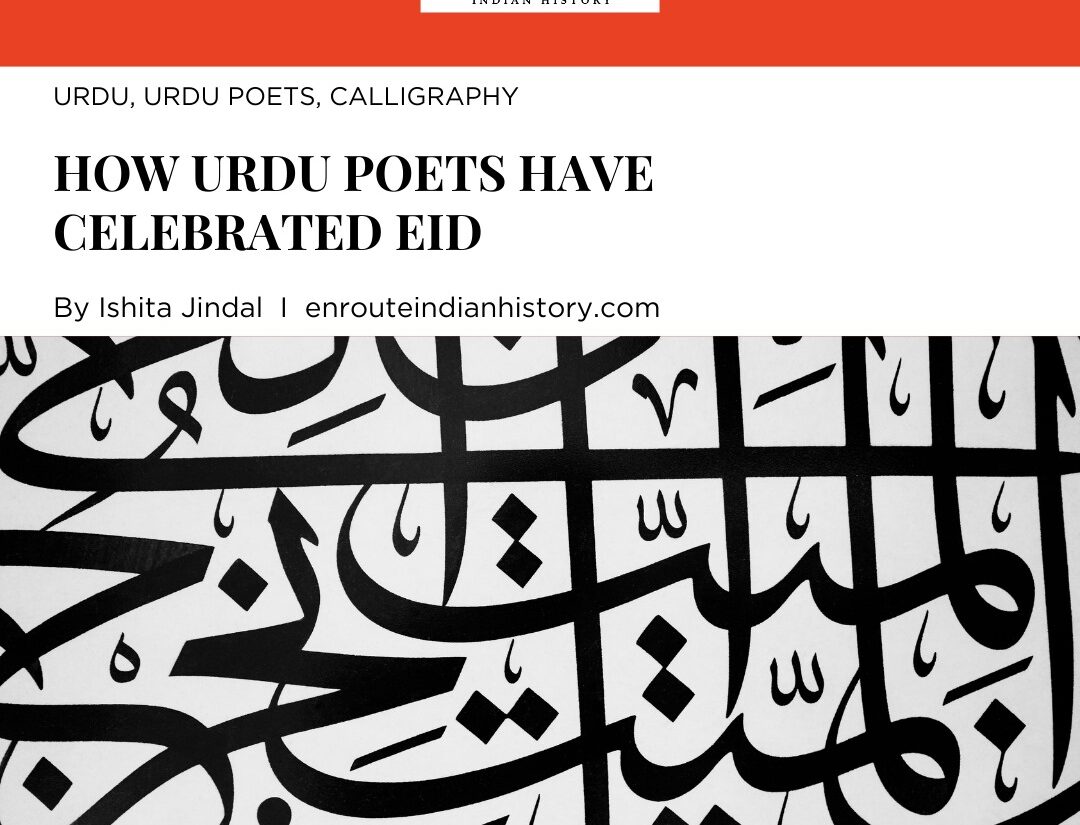
During their rule over India, rulers, Sufis, Ulemas, and ordinary Muslim people observed Eid celebrations as a religious requirement. In his famous work “Hujatulah- al- Baligha,” Shah Wali ullah expresses his opinions on the subject of Eid-ul-Fitr, stating that people express their satisfaction on Eid’s Day because they believe they have successfully passed through the tribulations of the month of Ramadan. They feel at ease because they believe that by completing their religious responsibilities during the month of Ramazan ul Mubarik, they have acquired holy prosperities and religious virtues. They thank God for giving them another year to live.They ask Allah for help and goodwill. God has also directed them to congregate in a central location to perform Eid prayers. These gatherings in numerous cities and nations demonstrate the glory of Islam. To demonstrate the strength and charisma of Islam in various regions, the Holy Prophet used to take different paths into and out of the Eidgaah.
This time frame saw the creation of Eidi, a novel genre of Urdu poetry. Eidis can be found in the poetry collections of numerous writers from that era, according to researchers. If you go through Abdullah Beg Hosh’s collection of poetry, for instance, you will find a few Eidis that Akhwand Ji used to gift boys on Eid day in addition to his Ghazals. Numerous Urdu poets, including Shah A’alam, Nazir Akbar Abadi, Mirza Rafi Sauda, Ghulam Hamadani Mushafi, Aseer, Mirza Asadullah Ghalib, Kazim Ali Khan Jawan, Nawab Mirza Dagh, Hakim Maula Bakhsh Qalaq, Rind, Shaifta, and others, have also left us with poetry on Eids. The poems of well-known poets are listed below.
Amir Khusrau
Eid Gah-e-Ma Ghareeba’n Koo-e-To
Az Hilal-e-Ma Kham-e-Abroo-e-To
The delight and celebration of happiness are associated with the word Eid. This celebration takes place on Eidgah. The location of my Eid celebration is called Eidgah-e-Ma. Koo-e-To is the neighbourhood in which the beloved or lover resides. It is important to remember the spiritual relationship between Hazrat Amir Khusrau and Hazrat Nizamuddin in this situation. Actually, one who is absent from their place is referred to as ghareeb. Khusrau wishes to underline in the opening line that Hazrat Nizamuddin’s residence is the spot where he celebrates his happiness. Hilal is the Arabic word for the new moon’s crescent. Khusrau believes that seeing the curvature of Hazrat Nizamuddin’s eyebrows signals the arrival of the new moon crescent, which heralds the start of the Eid celebration.
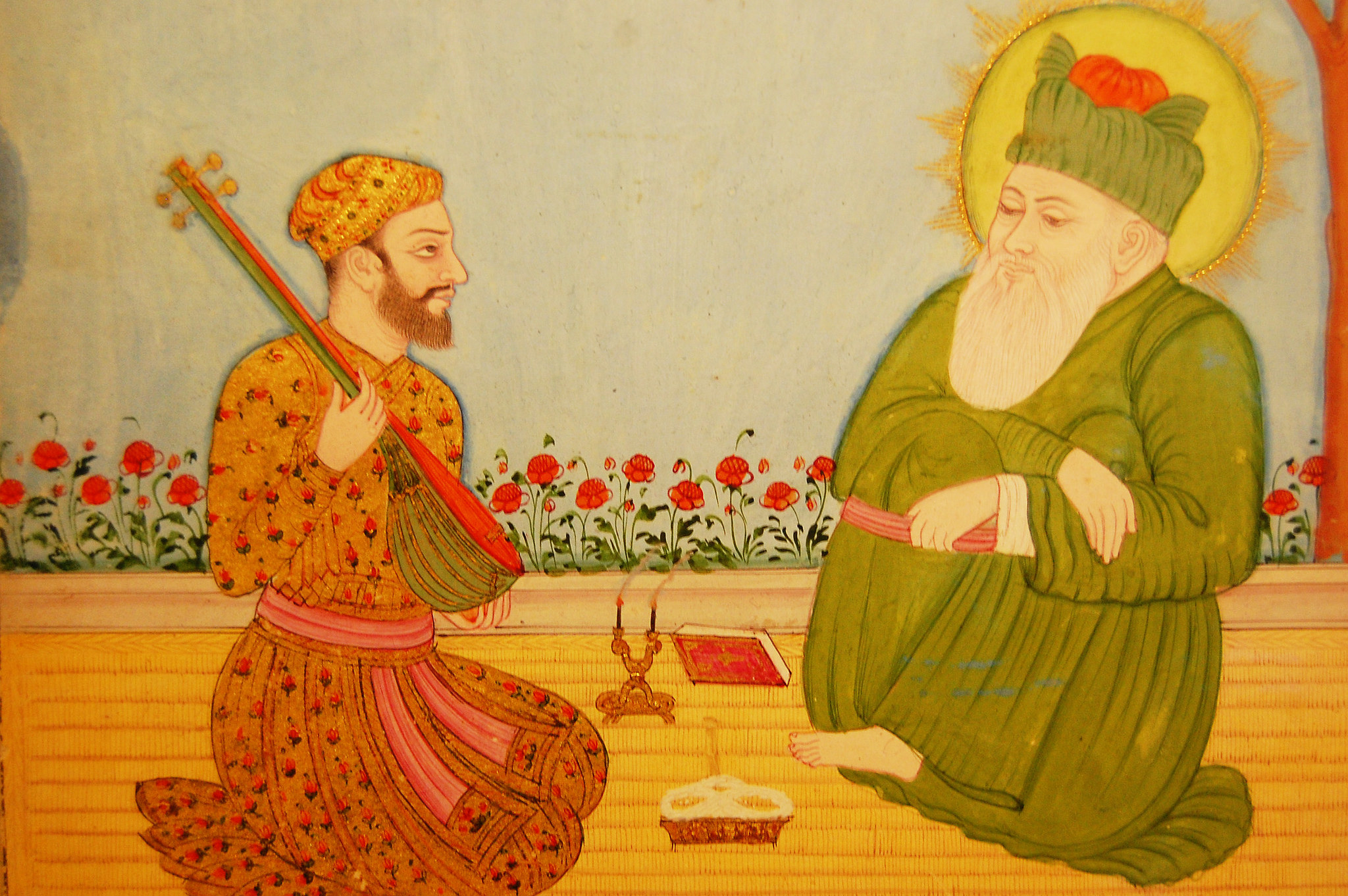
(Source: https://www.inquiriesjournal.com/article-images/uid-3301-1456256779/a56d0b.jpg)
Nau-bahaar ast-o-gul-o-mausam-e-eid aye saqi
Baada-nosh-o-guzaar az waada-o-wa-eid aye saqi
(Eid hai, mausam-e-gul ki faza hai aye saqi
Chord ye waade, utha jaam, pilaa aye saqi)
Hasil az umr nadaarad bajuz az hasrat-e-dard
Har ke eid ast ze maikhaana baeed aye saqi
(Terey maikhane se kya us ko milaa aye saqi
Eid ke roz bhi jo pee na saka aye saqi)
Gasht paimaana choon tasbeeh rawaan dar kaf-e-shaikh
Ta ze laa’la to yak jurr’aa chasheed aye saqi
(Shaikh ke haath mein hai soorat-e-tasbeeh rawaan
Terey lab ne usey kya jaam diya hai saaqi)
Roz-e-mahshar nabood haich hisaabash bayqeen
Hark e dar koi mughaan ghasht shaheed aye saqi
(Kya ajaab aur sawaab us ke liye roz-e-hisaab
Wo jo maikhaaney mein jaan de ke utha aye saqi)
Baaraha karda ba-dam tauba zamee baaz maraa
Chashm-e-mast to maikhana kaseed aye saqi
(Kar ke tauba main chala aaya tha maikhane mein
Terey mast aankhon ne phir kheench liya aye saqi)
Allama Iqbal
Ya Shalamaar Mein Ek Barg-e-Zard Kehta Tha
Gya Woh Mousam-e-Gul Jis Ka Raazdar Hun Main
(In the Shalamar Garden a yellowed leaf was saying
“Gone is that spring of which the confidante I am)
Na Paimaal Karain Mujh Ko Zaeeran-e-Chaman
Inhi Ki Shakh Nasheman Ki Yadgar Hun Main
(The garden’s visitors should not trample me down
The memory of the branch of their own nest I am)
Zara Se Patte Ne Betaab Kar Diya Dil Ko
Chaman Mein Aa Ke Sarapa Gham-e-Bahar Hun Main
(This tiny little leaf made the heart restless
One coming into the garden complete mourner of spring I am)
Khazan Main Mujh Ko Rulati Hai Yad-e-Fasl-e-Bahar
Khushi Ho Eid Ki Kyunkar Ke Sougwar Hun Main
(In the autumn I am crying in remembrance of the spring
How can I get the happiness of Eid as grief-stricken I am)
Ujaar Ho Gye Ehd-e-Kuhan Ke Maikhane
Guzishta Badah Praston Ki Yaadgar Hun Main
(Devastated have become the olden days’ taverns
A memorial of the olden days’ wine drinkers I am)
Payam-e-Aysh-o-Massarat Humain Sunata Hai
Hilal-e-Eid Humari Hansi Urata Hai
(It gives the message of pleasure and happiness to us!
The crescent of Eid is making fun of us!)
Momin Khan Shauq
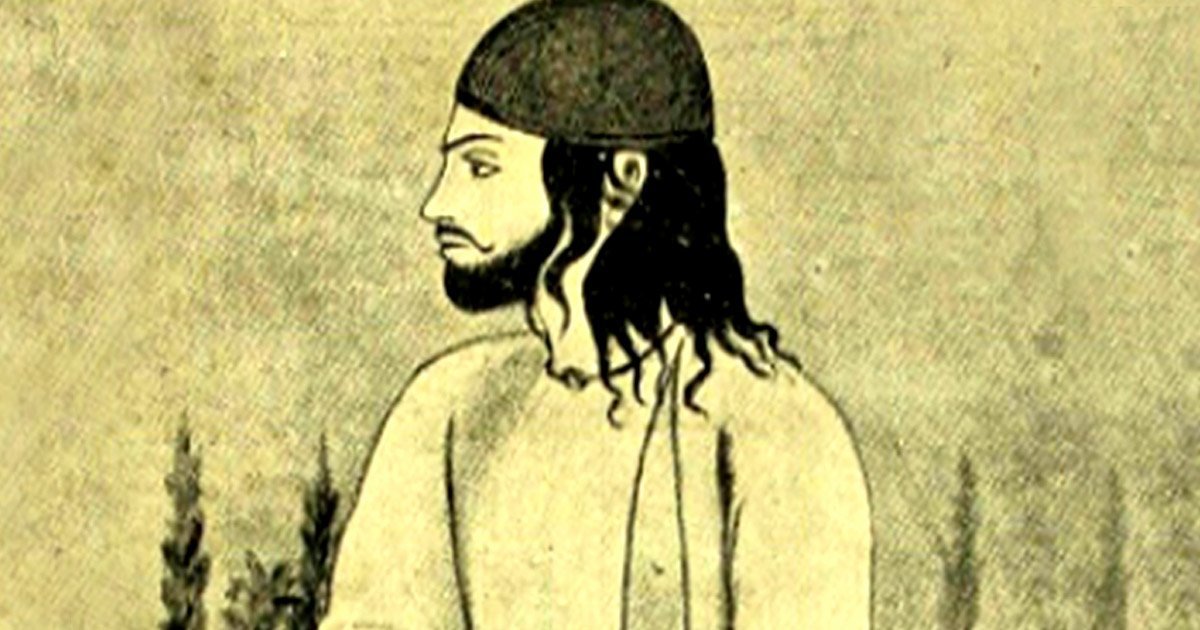
(Source: https://www.rekhta.org/Images/Shayar/Large/momin-khan-momin.jpg)
nūr-o-nikhat kā jaise ho sail-e-ravāñ
jaise iḳhlās-o-ulfat kā ik kārvāñ
dars-e-insāniyat jis se miltā hai ‘shauq’
īd-e-ramzāñ hai amn-o-amāñ kā nishāñ
lab-e-shīrīñ pe masarrat ke tarāne aae
eid aai tere milne ke zamāne aae
dost to dost haiñ dushman bhī gale milne lage
vaah kyā ḳhuub anokhe ye bahāne aae
Nisar Kubra Azimabadi
kyuuñ ishāra hai ufuq par aaj kis kī diid hai
alvidāa māh-e-ramazāñ vo hilāl-e-eid hai
masjidoñ meñ sab jama ho jāeñge ḳhurd-o-kalāñ
duur ho dil kī kudūrat ye savāl-e-eid hai
muslimoñ ke sar jhukeñ haiñ sajda-e-allāh meñ
kyā uḳhuvvat kā sabaq hai kyā kamāl-e-eid hai
aaj ġhorabā bhī amīroñ ke gale mil jā.eñge
kuchh nahīñ tafrīq hogī ye visāl-e-eid hai
hai musalmānoñ par vājib sadqa-e-eid-ul-fitr
pā ke rozī ḳhush haiñ ġhorabā ye nihāl-e-eid hai
zeb detā hai libās-e-nau na.e andāz meñ
tan badan bhī hai mo.attar ye jamāl-e-eid hai
eid aa.ī aur kyā kyā yaad taaza kar ga.ī
soñch bichhdoñ kī hai dil meñ aur ḳhayāl-e-eid hai
Urdu poetry, deeply rooted in South Asian culture, celebrates festivals like Eid. These poems express joy, devotion, and reflection, highlighting the spiritual significance of the occasion. They reflect on the joys and sorrows, enriching the cultural heritage of Urdu literature for future generations.
References
(Bang-e-DRA-127) Eid Par Shair likhne ki Farma’ish ke jawab mein. (n.d.). https://iqbalurdu.blogspot.com/2011/04/bang-e-dra-127-eid-par-shair-likhne-ki.html
Online collection of Sufi Poetry & Sufi Shayari by famous Poets | Sufinama. (n.d.). Sufinama. https://sufinama.org/
The concept of Eid ul Azha in Urdu poetry. (n.d.). https://saadatsaeed.ca/Article/concept_of_eid_ul_azha_in_urdu_p.htm
Urdu Poetry, Urdu shayari of famous poets – Rekhta. (n.d.). Rekhta. https://www.rekhta.org/
- May 15, 2024
- 6 Min Read
